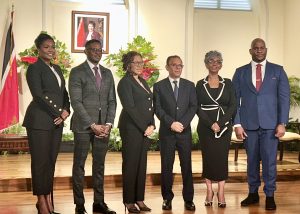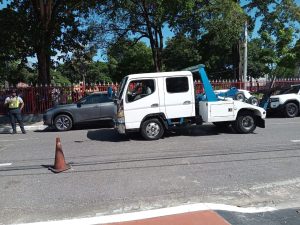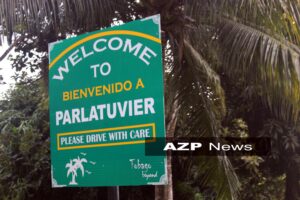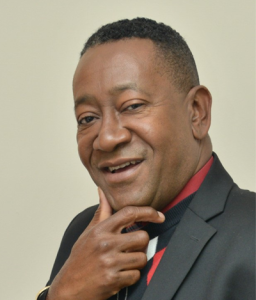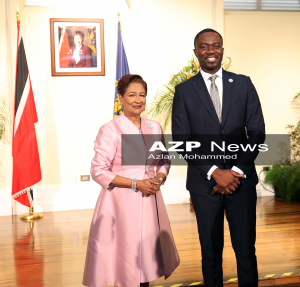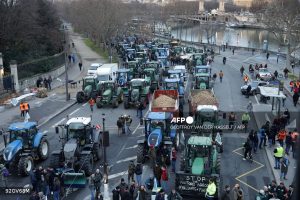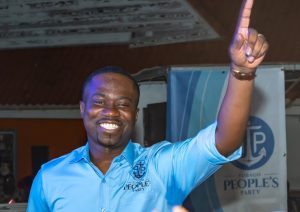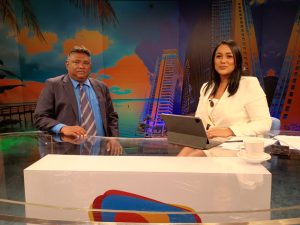
AT 5 pm on July 27 1990, when the Red House was attacked, the Police Headquarters set ablaze and Trinidad and Tobago Television (TTT) seized, I was four.
My memories of the attempted 1990 coup are few and far between. There are, though, some bits and pieces that do knock around the hallways of my memory.
I remember the large green army truck pulling up in front of our house and my father jumping in. I remember him smiling and giving my brother, who was just a blob of a toddler at the time, I and a wave as they drove off.
Being four, I thought this was the most awesome thing in the world. Kill me dead, my dad was some sort of undercover super spy being called upon by the national defence apparatus.
So, while he was carted off by the army on some secret mission, probably chain-smoking Broadway cigarettes and fighting the urges that come with an anxious stomach, my little powder puff-headed self was busy waving away, completely unaware of what was happening around me.
Later, and I mean in my teens, I would learn why my father was whisked away at the crack of dawn and delivered home late in the evening for six days.
My dad, a mechanical engineer by training, owned a company that sold and serviced the engines used in the coast guard’s boat fleet.
So, when Bakr and his boys began to act as fools, the coast guard essentially told my father, “Forget yuh feelings son…you in the service now!” Essentially, they wanted him there 24/7 in case anything did not work, they could chuck him in the engine room and have that vessel ready for war.
My father was not alone. Utility workers, doctors, nurses, electricians, engineers, journalists and countless others were called out to serve.
But their stories are not told. They are not recognised or honoured. But without them, our history would be very different.
I reached out to veteran journalist and local media pioneer Dominic Kalipersad this week, rather uncomfortably, I might add, because it’s not like I was calling him to chit-chat on the weather. I was calling him to discuss 1990, to force him to regurgitate the trauma he experienced, to squeeze some quotable expression of his pain out of him.
Because everyone who has called him, every July for the last 35 years is normally out to drink his tears and then walk away…until next year.
Dominic Kalipersad was taken hostage on July 27, 1990, in TTT. For six days he dealt with abuse, for six days he had to reconcile with himself that at any minute, he could be shot. For six days he worked to help negotiate the release of hostages.
But today, instead of being seen as a hero, as a civilian who fought for the freedom of our country, he is seen as a low-lying hanging fruit that once a year us corbeaux descend upon trying to squeeze every last drop of juice out of him.
Mr Kalipersad did not want to talk, and frankly, I was relieved. He wasn’t rude, but very cordial and instead sent me a comment on the events of 1990.
Here are a few excerpts from his statement that hit me hard.
“If the authorities refuse to honour those civilians who stood up for democracy, only offer some annual insincere rhetoric, what’s the point of rehashing hurtful memories.”
“History will be written without the workers’ stories. We’ll continue to move on with our lives and contribute to our beloved nation without their care.”
Read that last line again: “THE HISTORY WILL BE WRITTEN WITHOUT THE WORKER’S STORIES.”
Stories like my father’s, like the doctors who treated the wounded, like the cameraman at TTT who was forced to perform his job at gunpoint, like the office worker who got trapped in the city and spent six days away from home and five days sleeping under their desk.
Mr Kalipersad is right. For the past 35 years, we have neglected those who fought not with the defence forces, but fought by being there, by serving their country.
Their trauma goes unrecognised, their contributions go unspoken and as Kalipersad said the truth of their stories will not be written into our history.
Today, on the 35th anniversary of the 1990 attempted coup, I want to recognise all the civilians who stood for democracy in unseen ways. The country has done you wrong, and you deserve our apologies.
Your stories should never be forgotten or go untold.
To correctly heal as a nation, as a democracy, we need to acknowledge the trauma experienced by those who found themselves as instruments of defence in the insurrection. We need to honour them and their stories.
![]()




